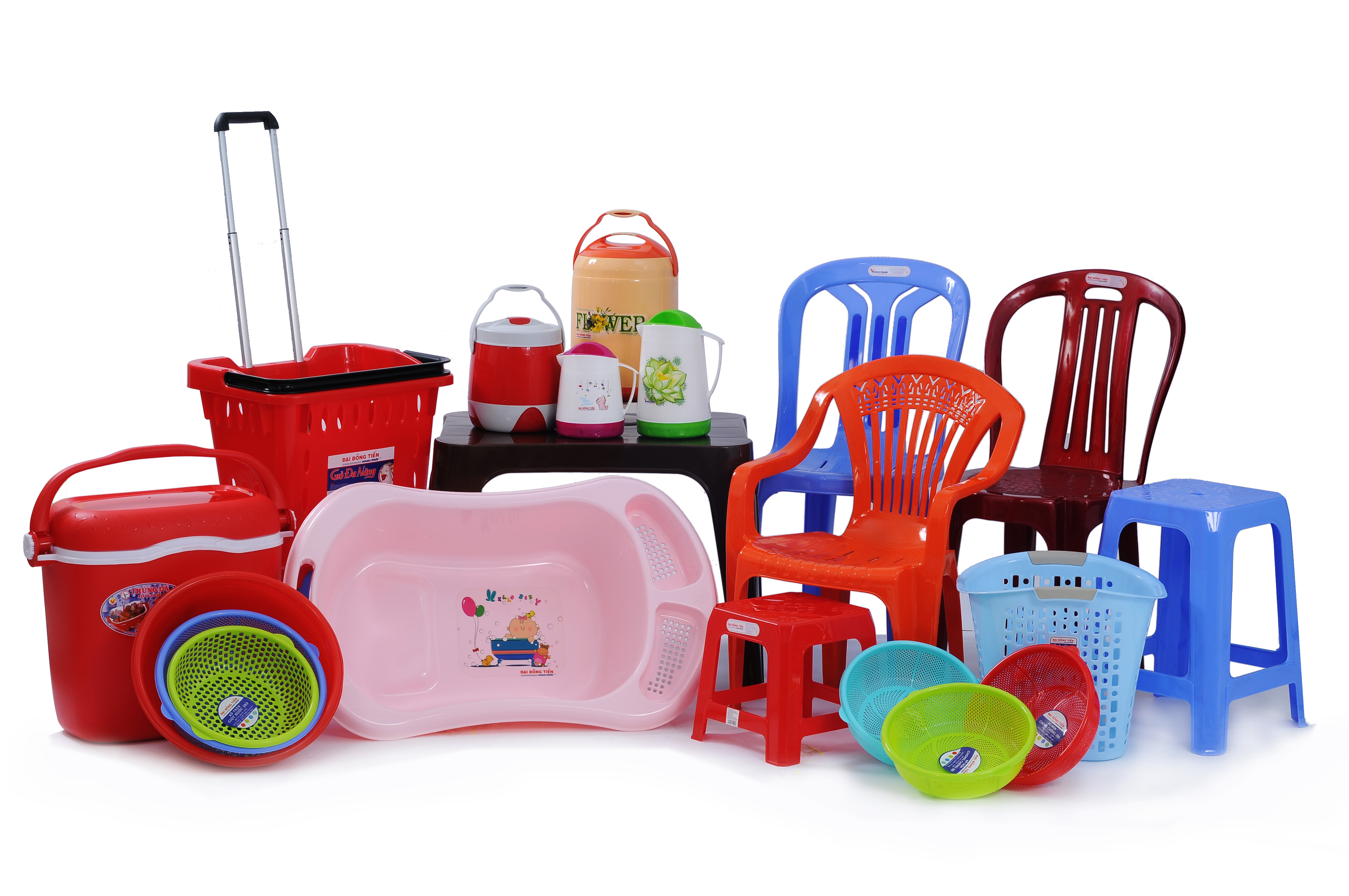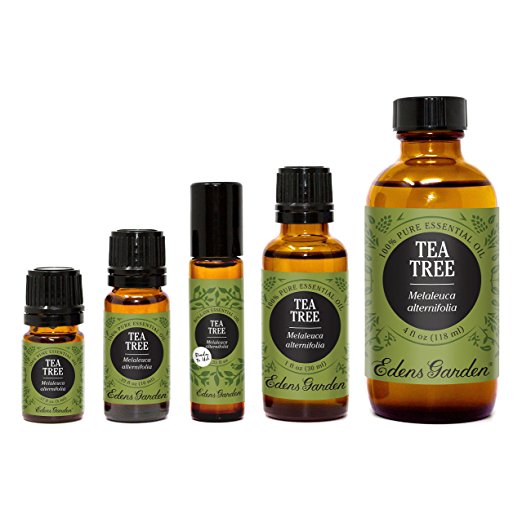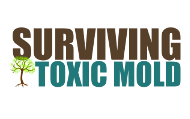I have probably been asked a million times by so many people: "I'm cleaning up after my toxic mold situation, can I keep plastic toys, plastic bins or plastic this or that". I really do wish that for every time someone has brought up the topic I could be paid a $1.00 because I'd be a millionaire.
Plastic was never on my possessions list on the website because it can either bite you in the bum or it can just "be alright".
 I have come to realize that there are a million kinds of plastic in this world and it all depends on how the manufacturer made it. Some plastics are very porous and can literally grow black spots of mold on them while others never grow mold nor do they make anyone react after they are washed in ammonia. Because manufacturers won't reveal the ingredients in their plastic molds it's a real crap shoot. I truly think some manufacturers use natural organic materials in some of their mixes and this might explain why mold is attracted to some of them.
I have come to realize that there are a million kinds of plastic in this world and it all depends on how the manufacturer made it. Some plastics are very porous and can literally grow black spots of mold on them while others never grow mold nor do they make anyone react after they are washed in ammonia. Because manufacturers won't reveal the ingredients in their plastic molds it's a real crap shoot. I truly think some manufacturers use natural organic materials in some of their mixes and this might explain why mold is attracted to some of them.
Breaking down the process of how plastic is made
Plastics are made from natural materials such as *cellulose, coal, natural gas, salt and crude oil through a polymerisation or polycondensation process. ... Crude oil is a complex mixture of thousands of compounds and needs to be processed before it can be used.
Cellulose is a favorite nourishment for mold growth. Cellulose is the primary cellular makeup of any wood product and can be found in: cardboard, ceiling tiles, drywall, dust, the kraft-facing on fiberglass insulation, etc..
The dictionary definition of cellulose is:
"A polysaccharide (C6H10O5)n,of glucose units that constitutes the chief part of the cell walls of plants, occurs naturally in such fibrous products as cotton and kapok, and is the raw material of many manufactured goods (as paper, rayon, and cellophane)"3
This is where the controversy lies. From research, we know that Cellulose feeds mold and that most plastic processes contain Cellulose. We also know that Cellulose contains "GLUCOSE" which is the main fuel for toxic molds. (This is why after a mold exposure you should avoid sugars in your diet because they feed mold in your body - a little off subject but yes, it's related).
 Another thing to consider is that because crude oil contains some nasty chemicals that "off gas" it's probably a good idea NOT to have plastic items around your home. The chemicals in plastic leach into the air and you breath the chemicals as well as soak them into your skin. Because you've been exposed to toxic mold your liver is already at it's maximum capacity for toxin control and you are putting you and your family at a higher risk by just "having" plastics around. If you need to keep plastic containers it's best to keep them in a storage facility or separate garage away from living areas so that you can give you and your family the best shot at recovering from toxic mold. (Please consider this when making decisions about what to keep).
Another thing to consider is that because crude oil contains some nasty chemicals that "off gas" it's probably a good idea NOT to have plastic items around your home. The chemicals in plastic leach into the air and you breath the chemicals as well as soak them into your skin. Because you've been exposed to toxic mold your liver is already at it's maximum capacity for toxin control and you are putting you and your family at a higher risk by just "having" plastics around. If you need to keep plastic containers it's best to keep them in a storage facility or separate garage away from living areas so that you can give you and your family the best shot at recovering from toxic mold. (Please consider this when making decisions about what to keep).
Take away from this article is: "You do what is best for your family." If you see mold growing on your plastic items...please throw them out for the sake of your family members and pets. If you are "reacting at all" to anything that is plastic THROW IT OUT. If you don't see mold growing on the plastic and you are not reacting then give it a good soak in a 50/50 solution of ammonia for about 30 seconds. Remember, ammonia can break down plastics if you let it sit too long so make sure it's just a quick dunk and then it's out.
 Another substance that can neutralize mycotoxin are Essential Oils, but essential oils break down plastics so this is probably not going to be your best option. Although I have had some success using "Tea Tree Oil". TTO, doesn't seem to be an oil that breaks down plastic plus it kills toxic mold spore species AND is proven in scientific studies to neutralize mycotoxin.
Another substance that can neutralize mycotoxin are Essential Oils, but essential oils break down plastics so this is probably not going to be your best option. Although I have had some success using "Tea Tree Oil". TTO, doesn't seem to be an oil that breaks down plastic plus it kills toxic mold spore species AND is proven in scientific studies to neutralize mycotoxin.
My favorite brand to use is from Edens Garden. They carry 100% pure essential oils and their prices are awesome because you don't have to pay inflated pricing to pay a company representative who sells it. Edens Garden doesn't have any sales reps. You can get it HERE straight from the company's Amazon account directly.

 I have come to realize that there are a million kinds of plastic in this world and it all depends on how the manufacturer made it. Some plastics are very porous and can literally grow black spots of mold on them while others never grow mold nor do they make anyone react after they are washed in ammonia. Because manufacturers won't reveal the ingredients in their plastic molds it's a real crap shoot. I truly think some manufacturers use natural organic materials in some of their mixes and this might explain why mold is attracted to some of them.
I have come to realize that there are a million kinds of plastic in this world and it all depends on how the manufacturer made it. Some plastics are very porous and can literally grow black spots of mold on them while others never grow mold nor do they make anyone react after they are washed in ammonia. Because manufacturers won't reveal the ingredients in their plastic molds it's a real crap shoot. I truly think some manufacturers use natural organic materials in some of their mixes and this might explain why mold is attracted to some of them. Another thing to consider is that because crude oil contains some nasty chemicals that "off gas" it's probably a good idea NOT to have plastic items around your home. The chemicals in plastic leach into the air and you breath the chemicals as well as soak them into your skin. Because you've been exposed to toxic mold your
Another thing to consider is that because crude oil contains some nasty chemicals that "off gas" it's probably a good idea NOT to have plastic items around your home. The chemicals in plastic leach into the air and you breath the chemicals as well as soak them into your skin. Because you've been exposed to toxic mold your  Another substance that can
Another substance that can 



